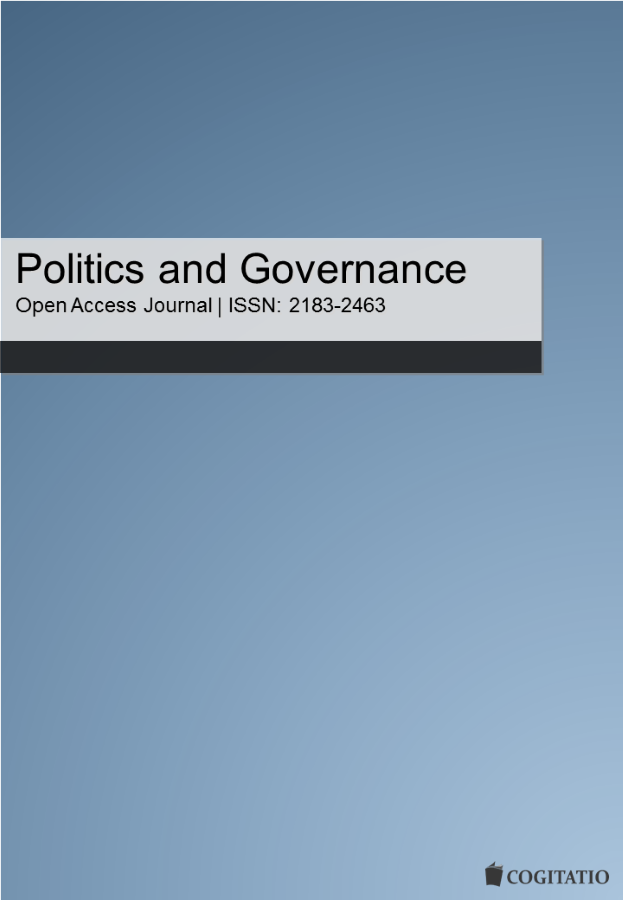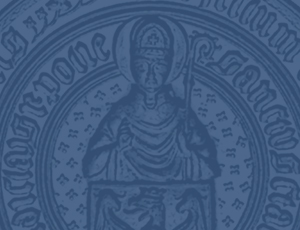 Widok zawartości stron
Widok zawartości stron
 Widok zawartości stron
Widok zawartości stron
 Widok zawartości stron
Widok zawartości stron
Artykuł pracownika naszego Wydziału w „Politics and Governance”
Uprzejmie informujemy, że w czasopiśmie „Politics and Governance” ukazał się artykuł prof. Artura Gruszczaka, kierownika Katedry Bezpieczeństwa Narodowego (INPiSM UJ) pt. “Refugees” as a Misnomer: The Parochial Politics and Official Discourse of the Visegrad Four.
„Politics and Governance” jest czasopismem wydawanym przez Cogitatio Press w otwartym dostępie (licencja Creative Commons CC BY) i indeksowanym w bazach SCOPUS, Web of Science, DOAJ i innych. Posiada współczynnik wpływu (impact factor) wynoszący 2,061 (Clarivate Analytics, 2020 r.), SCOPUS CiteScore 3,3 (dla 2020 r.) i znajduje się w pierwszym kwartylu (Q1) najlepszych czasopism w kategoriach socjologia i nauki o polityce (według Scimago Journal Rank 2020).Współczynnik Hirscha (H-index 2020): 18.
Autor: Artur Gruszczak
Tytuł publikacji:
- w języku angielskim: „Refugees” as a Misnomer: The Parochial Politics and Official Discourse of the Visegrad Four
Nazwa czasopisma: Politics and Governance (numer tematyczny: Migration and Refugee Flows: New Insights), 2021, t. 9, nr 4.
Nazwa wydawnictwa: Cogitatio Press
Data wydania: 28.10.2021
Ilość stron: 11 (174-184)
Numer ISSN: 2183–2463
DOI: https://doi.org/10.17645/pag.v9i4.4411
Impact factor: 2,061
Ilość punktów: 100
Słowa kluczowe
- w języku angielskim: anti‐refugee discourse; migration; misnomer; parochialism; politicization; public discourse; refugees; Visegrad Four
Link do artykułu
Opis publikacji:
Abstract: Attitudes towards migrants and refugees are created and reflected at the level of public policies, as well as in local communities which cultivate traditional approaches and a specific worldview. The refugee crisis in Europe in the mid‐2010s showed how public opinion translated into voting behaviour and became a source of strength for nationalist anti‐immigrant movements and parties across the continent. East‐Central Europe was no exception, regardless of the absence of a long‐term, massive inflow of refugees. Nevertheless, the migration crisis created a new political narrative which exploited deeply rooted resentments, complexes, and fears. This article aims to analyse the official policy responses to the refugee crisis in the four East‐Central European countries: Poland, Hungary, Slovakia, and the Czech Republic, which together constitute the so‐called Visegrad Four. It puts the emphasis on the discriminatory practice of misnaming the refugees, which became deeply anchored in the political discourse of these countries. Based on a qualitative content analysis supplemented by the findings of public opinion polls, the argument developed in the article is that reluctant and defensive attitudes towards the refugees have been determined by the revival of parochialism as a radical reaction to the challenges of global trends and supra‐local processes. The theoretical framing of the refugee problem is built on politicization, in connection with the concept of parochialism, seen from political and social perspectives, and the meaning of the use of the misnomer as a policy instrument. The article concludes that the migration crisis petrified traditional cleavages at the supra‐local level, reinforcing simultaneously the sense of parochial altruism and hostility towards “the other.”







